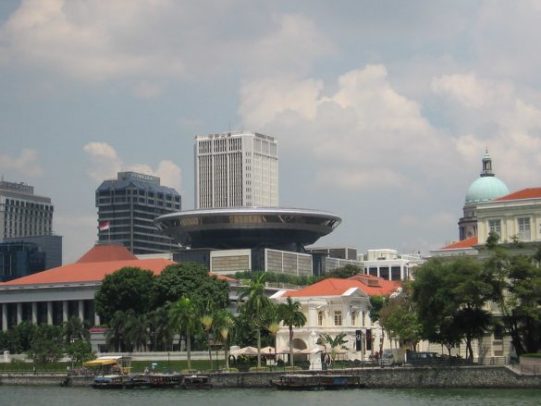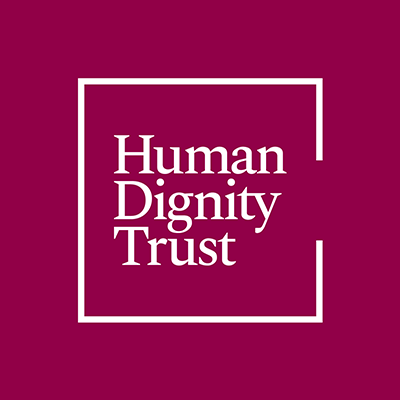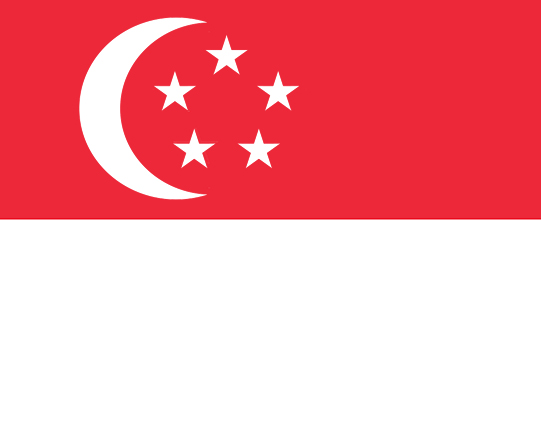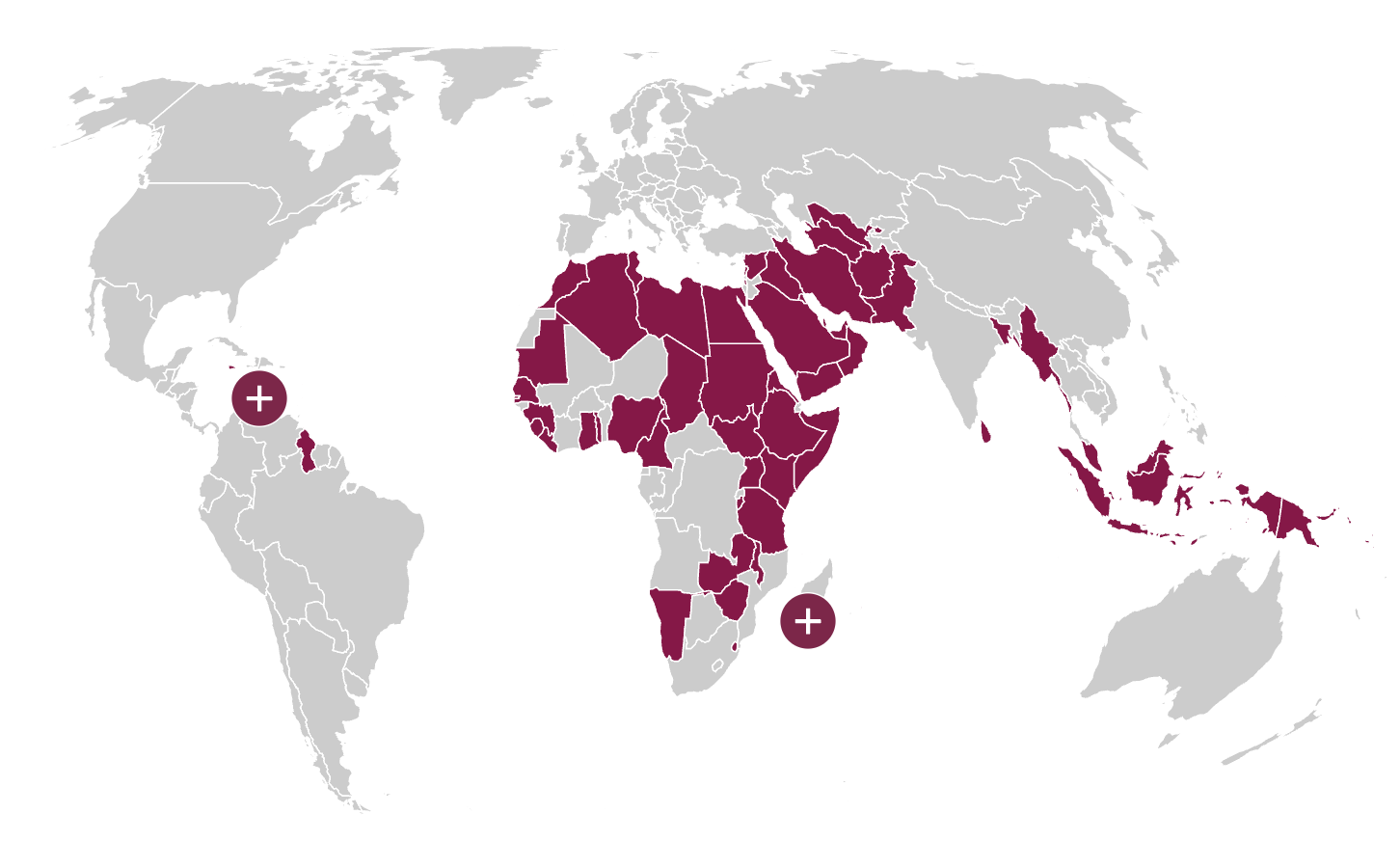A constitutional challenge to the law that criminalises homosexuality has today been dismissed by Singapore’s High Court, meaning that same-sex intimacy is still a crime in the country.
The case, one of only very few human rights cases to be brought in the conservative city state, challenged the constitutionality of Section 377A, a law that criminalises acts of ‘gross indecency’ between men.
‘In declining to strike out this archaic and discriminatory law, the Court has reaffirmed that all gay men in Singapore are effectively un-apprehended criminals,’ said Téa Braun, Director of the Human Dignity Trust (HDT).
Now, more than ever, we stand in solidarity with Singapore’s LGBT community, and firmly believe that justice will in the end be delivered, no matter how long it takes.
Same-sex sexual activity between adults has been illegal in Singapore since the British imposed their Penal Code during the colonial era. Although prosecutions are rare, any man who commits any act of ‘gross indecency’ with another man can be jailed for up to two years. This also extends to any man who abets, procures or attempts to procure such an act.
Although Section 377A only targets gay men, activists in Singapore say that the culture of shame and homophobia it engenders casts a shadow of oppression over the whole lesbian, gay, bisexual and trans (LGBT) community.
The challenges were mounted by Johnson Ong Ming, a 43-year-old disc jockey and producer; 42-year-old Bryan Choong Chee Hoong, the former executive director of LGBT organisation Oogachaga; and Roy Tan Seng Kee, a 61-year-old retired medical doctor.
Against a backdrop of similar unsuccessful legal challenges in Singapore, the ruling today is particularly unwelcome, says HDT.
In October 2014, the Singapore Court of Appeal declined to remove the country’s anti-gay law from the statute books and held that LGBT people would have to wait for reform of Section 377A to come through Parliament.
Following the historic and regionally significant September 2018 Indian Supreme Court ruling that decriminalised consensual same-sex sexual activity, and increasing levels of acceptance of LGBT people amongst Singaporeans, lawyers and activists were motivated to mount a fresh challenge to the discriminatory law.
‘This decision will be extremely disappointing for the plaintiffs and the wider LGBT community in Singapore, who had great hopes that new evidence presented to the Court would make it clear that these draconian laws cannot withstand proper constitutional scrutiny. The ruling will also echo harmfully around Asia, where millions of people are criminalised simply because of their sexual orientation or gender identity,’ added Braun.
Notes to Editors
- The Human Dignity Trust works with LGBT activists around the world to defend human rights in countries where private consensual sexual activity between adults of the same sex is criminalised. With pro bono assistance from the international legal community, we support local organisations that are challenging laws that persecute people on the basis of their sexual orientation and/or gender identity.
- Johnson Ong Ming is represented by Eugene Thuraisingam, Suang Wijaya and Johannes Hadi; Bryan Choong Chee Hoong by Harpreet Nehal Singh, Remy Choo Zheng Xi, Priscilla Chia, Wong Thai Yong and Jordan Tan; and Roy Tan Seng Kee by M Ravi.
- A case summary and copy of the full High Court judgment are available on the Resources page of the Trust’s website.
- See our online map for information on countries around the world where LGBT people are criminalised.
- For more information or to arrange interviews with the HDT’s Director, Téa Braun (London), contact:
Emma Eastwood, Head of Strategic Communications, HDT
M (London): +44 (0)7952 705780 / E: [email protected] / Twitter: @HumanDignityT




